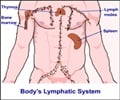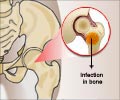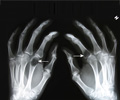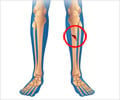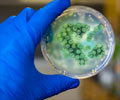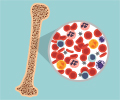Glossary
Aplastic anemia: A condition where the bone marrow fails to produce red blood cellsAseptic necrosis of femoral head: Cell death in the upper part of the thigh bone
Blackfan-Diamond anemia: A rare genetic disorder that results in decreased red blood cell production by the bone marrow
Chediak-Higashi syndrome: Rare genetic disorder affecting the immune system and the nervous system
Chronic Granulomatous Disease: A genetic disorder where the immune system does not function properly
Hemoglobinopathies: Genetic disorders resulting in abnormal hemoglobin
Immunodeficiency Disorders: Conditions of decreased immunity
Kostmann’s syndrome: Rare genetic disorder with a severe decrease in a type of white blood cells called neutrophils
Leucocyte Adhesion Deficiency: Rare genetic disorder wherein white blood cells are unable to move to the site of infection
Leukemia: Cancer of white blood cells
Lymphoma: Cancer of cells of the lymphatic system
Multiple myeloma: Cancer of plasma cells of the bone marrow
Myelodysplasia: Group of disorders wherein the bone marrow does not produce sufficient blood cells
Oncologist: A specialist who treats cancers
Severe combined immunodeficiency: A condition where the person shows little or no immune response
Sickle cell anemia: Genetic disorder where hemoglobin in red blood cells is abnormal
Thalessemia: Genetic disorder where hemoglobin in red blood cells is abnormal
Wiskott-Aldrich syndrome: Genetic disorder that causes a decrease in platelets and immunity





